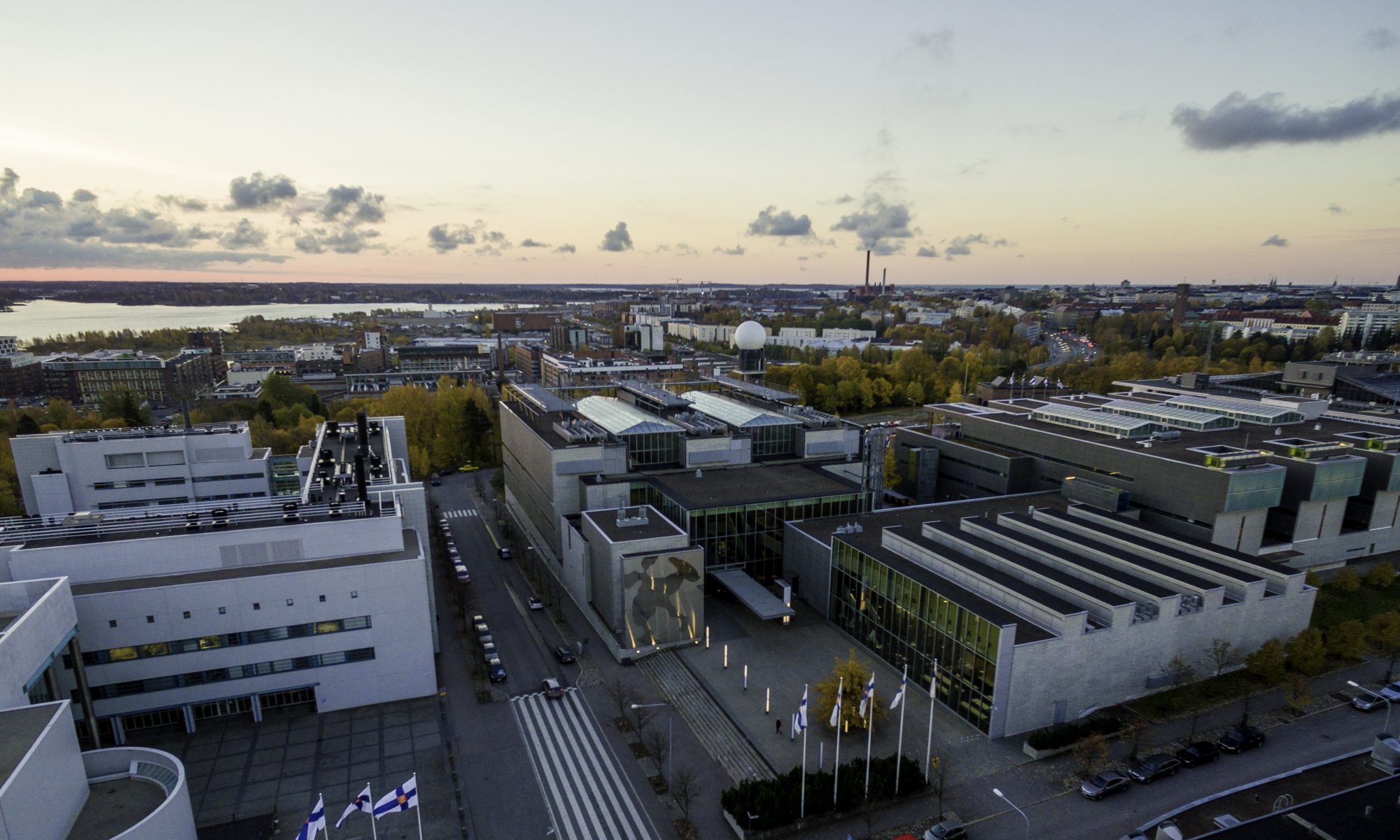
Our next Kumpula Physics colloquium in the spring series will take place on Friday, May 5th at 14:15. Our speaker will be Tuija Saresma, who is a senior lecturer at the Research Centre for Contemporary Culture at the University of Jyväskylä
Tuija Saresma holds the title of Docent (Adjunct/Associate Professor) in Cultural Studies and Gender Studies at the universities of Jyväskylä, Helsinki, and Eastern Finland. She has published widely on hate speech and online hate and harassment. Her recent publications include peer-reviewed articles and academic book chapters on hate speech, affective communities on the internet, right-wing populism, gendered violence online, as well as two reports on hate speech by the Finnish Government’s analysis, assessment and research activities. Saresma takes actively part in societal discussion, gives talks and writes popular texts for broad audiences, including several invited blog posts for NGOs and organizations. She is also a former chairperson and currently a board member of the Association for Gender Studies in Finland (SUNS) and the Association for Cultural Studies in Finland, and the treasurer of the international Association of Cultural Studies (ACS). Saresma was granted the Academic of the Year 2022 Prize by the Finnish Union of University Researchers and Teachers.
In her colloquium, titled Hate Speech Online – a threat to equality, participation and academic freedom, Tuija Saresma will discuss how hate speech impact public decision-making processes and affects both individuals and society.
The event will be held on Friday 05.05.23 at 14:15, in Physicum E204 and on Zoom (Meeting ID: 673 9114 9743 – Passcode: kumpula).
Here is her abstract:
The concept of hate speech refers to demeaning, threatening, or stigmatising expressions often based on intolerance and hatred and targeted at a certain person or group of people based on their gender, sexual orientation, ethnic background or race. Online hate is a phenomenon that touches practically everybody in the digitalized contemporary culture. On the internet, easy distribution of content is combined with the ability to communicate to large audiences. Hate speech has become more frequent with digitalisation and the growing popularity of social media. It also coincides with the right-wing populist upheaval.
Our research Hate and Power (2019) analyses the impact of hate speech on public decision-making processes as well as its scale and quality. According to the survey, the experience of hate speech is widespread: A third of municipal decision-makers had been targeted by hate speech because of their work. In recent years it has become apparent that it is not only politicians, but other public actors are also targets of hate speech and harassment. This is a cause for concern: Especially public officials, administrators, police, reporters, researchers and politicians are regularly being targeted for hate speech. Among the producers of hate speech are, based on our research Online hate (published 2022), there is a group of ideological online hate producers that deliberately aim at affecting the political discussion.
Online hate and harassment have negative consequences for both individuals and society: they affect communication, politics, the work of professionals, and freedom of speech, which is the funding pillar of democratic societies. Online hate, threat, and harassment as a new form of violence should be taken seriously: this digitally mediated abuse is an integral part of the chain of violence that links misogynistic gender-based violence, violent political discussion and societal structures, and ideological and political violence. Thus, affective discursive expressions of hatred that spread through social media are not only violent themselves but also pave the way for an ideological readiness to use other types of violence.
